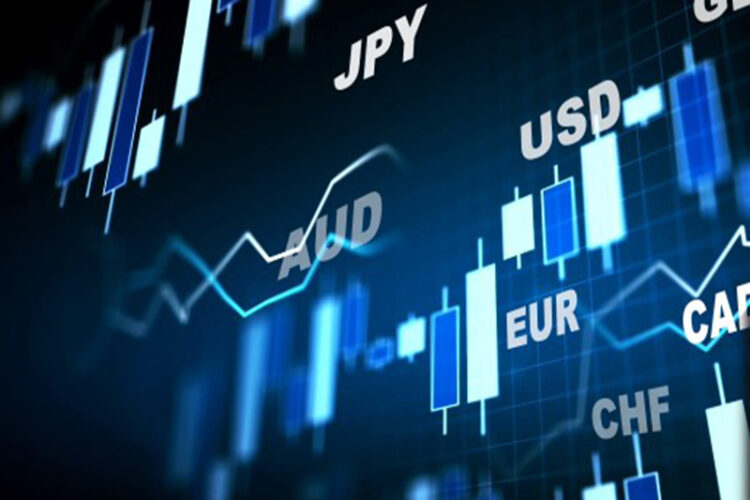Forex trading, also known as foreign exchange trading or currency trading, is the act of buying and selling currencies on the global market. It’s a financial activity that sees an average daily trading volume of over $5 trillion, making it the largest financial market in the world.
The primary purpose of forex trading is to facilitate international trade and investment by allowing businesses that earn income in one currency to pay for goods and services in another. However, most forex trading is done with the aim of earning a profit. Traders speculate on the movement of one currency against another and seek to profit from currency fluctuations.
In the forex market, currencies are traded in pairs. For example, the EUR/USD pair represents the Euro versus the US Dollar. When you buy this pair, you are essentially buying Euros using US Dollars. If the value of the Euro rises relative to the Dollar, you will make a profit.
One of the key benefits of forex trading is its accessibility. The forex market operates 24 hours a day, five days a week, across major financial centers worldwide. This means that traders can respond to market-changing news and events at any time, day or night.
Another advantage of forex trading is its high liquidity. Liquidity refers to the ability of an asset to be quickly converted into cash without affecting its market price. High liquidity makes it easier for traders to enter and exit trades and reduces the risk of price manipulation.
Forex trading also offers the potential for significant profits due to the use of leverage. Leverage allows traders to control a large amount of money with a small initial deposit. For example, with a leverage ratio of 100:1, a trader can control $100,000 worth of currency with just $1,000. However, while leverage can amplify profits, it can also magnify losses, making it important to manage risk effectively.
Successful forex trading requires a deep understanding of the global economy. Traders need to keep an eye on economic indicators such as inflation rates, interest rates, and GDP growth, as these can influence currency values. Political events, natural disasters, and changes in market sentiment can also cause currency prices to fluctuate.
Technical analysis is another important aspect of forex trading. This involves studying price charts and using statistical indicators to predict future price movements. Many traders use a combination of fundamental and technical analysis to guide their trading decisions.
Despite its potential benefits, forex trading is not suitable for everyone. It’s a high-risk activity that can result in substantial financial losses. Before starting to trade forex, it’s important to educate yourself, build a trading plan, and practice with a demo account.
In conclusion, forex trading offers exciting opportunities but also significant risks. With the right skills, knowledge, and attitude, it’s possible to be successful in the forex market. However, it’s crucial to understand that forex trading is not a get-rich-quick scheme, but a serious endeavor that requires a strategic approach and consistent effort.

